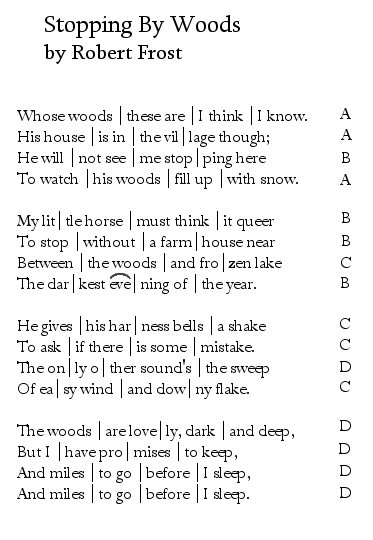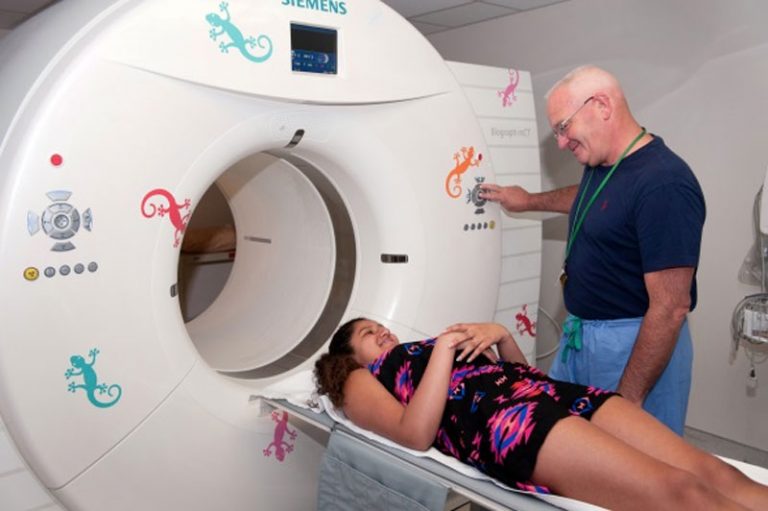

antispast ( ˘ ʹ ʹ ˘ ) - A four-syllable foot where the second and third syllables are stressed.



anapest or antidactylus ( ˘ ˘ ʹ ) - A three-syllable foot where the first two syllables are unstressed and the third syllable is stressed.spondee ( ʹ ʹ ) - A two-syllable foot where both syllables are stressed.pyrrhic or dibrach ( ˘ ˘ ) - A two-syllable foot where both syllables are unstressed.trochee or choree ( ʹ ˘ ) - A two-syllable foot where a stressed syllable is followed by an unstressed syllable.iamb ( ˘ ʹ ) - A two-syllable foot where an unstressed syllable is followed by a stressed syllable.There are three common types of feet- disyllable feet, trisyllable feet, and tetrasyllable (ionic) feet: Disyllable Feet: What are feet?Ī foot is a group of two or three syllables. Now the macron is commonly replaced with an ictus ( ʹ ) above a long syllable. Classical notation uses a macron ( - ) for long syllables and a breve ( ˘ ) for short syllables. Over the years, many different systems have been established to mark the scansion of a poem. In both cases, the meter often has a regular foot. In classical poetry, these patterns are based on the different lengths of each vowel sound, and in English poetry, they are based on the different stresses placed on each syllable. What is scansion?Ī system of scansion is a way to mark the metrical patterns of a line of poetry. There can be multiple ways to scan a line of verse to find the natural pulse. Scansion is very helpful in determining the natural rhythm of speaking blank verse.


 0 kommentar(er)
0 kommentar(er)
